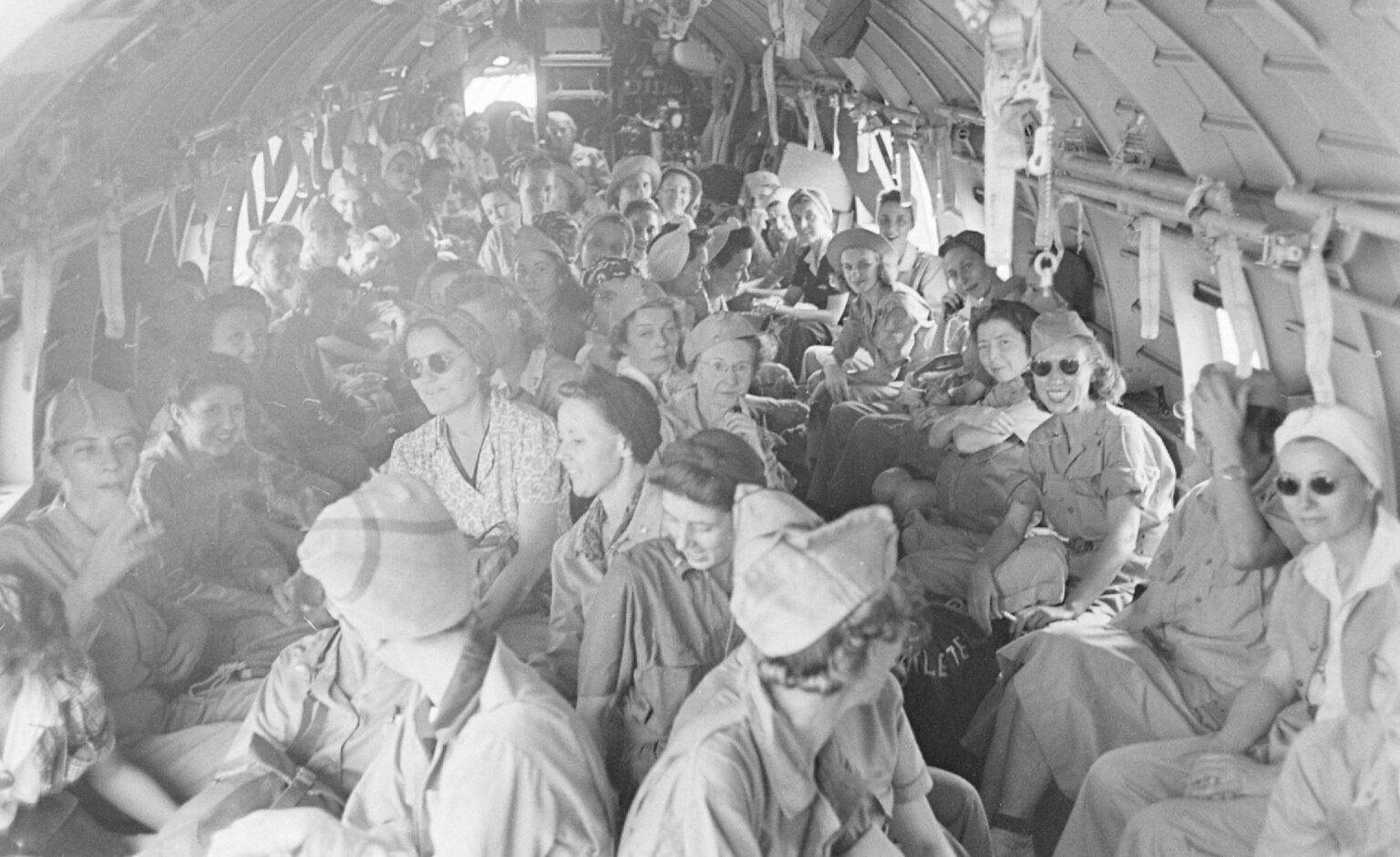WWII Army nurse Madge Ullom story

In the midst of wartime tumult, Lt. Col. Madeline "Madge" Ullom, part of the courageous cadre of nurses known as the Angels of Bataan, reflected on the unexpected roles thrust upon them. "Even though women were not supposed to be on the front lines, on the front lines we were," she asserted, encapsulating the unanticipated challenges faced by women during World War II.
A native of Nebraska, Ullom's path into service mirrored that of her elder sister, Cathern Mary, who had previously graduated from the U.S. Army School of Nursing. Despite the allure of civilian nursing with the Civilian Conservation Corps, Ullom was resolute in her determination to serve as an Army nurse.
"I wanted to come in as a regular army," she recalled, describing her entrance into the U.S. Army Nurse Corps in 1938. Stationed in the Philippines, Ullom found herself amidst a landscape of foreboding, unaware of the imminent turmoil that would soon unfold.
With the eruption of conflict following the attack on Pearl Harbor, Ullom and her fellow nurses found themselves thrust into the heart of the fray. Evacuated from Sternberg General Hospital in Manila to Bataan and then Corregidor, they faced the relentless advance of Japanese forces.
Amidst the chaos and carnage of battle, the stoic resolve of the nurses remained unwavering. Witnessing the iconic Stars and Stripes yield to the Japanese flag, they stood firm, their silent testimony etched in their unwavering gazes.
Transferred to Santa Catalina Girls School in Manila, their ordeal continued as they grappled with confinement and isolation. Yet, amidst the adversity, the indomitable spirit of camaraderie prevailed, fostering resilience and solidarity.
Subsequently interned at the University of Santo Tomas, Ullom and her fellow nurses navigated the constraints of captivity with grace and fortitude. Despite the deprivations and challenges, their commitment to duty remained unyielding.
In the aftermath of liberation, Ullom and her colleagues embarked on a journey of recovery and reflection. Awarded the Bronze Star and subsequently reunited with their families, they bore witness to the enduring legacy of their sacrifice and service.
In her lifetime, Ullom revisited the Philippines on multiple occasions, a testament to the enduring bonds forged amidst the crucible of conflict. Retiring from service in 1964, she left behind a legacy of courage and resilience, a beacon of inspiration for generations to come.